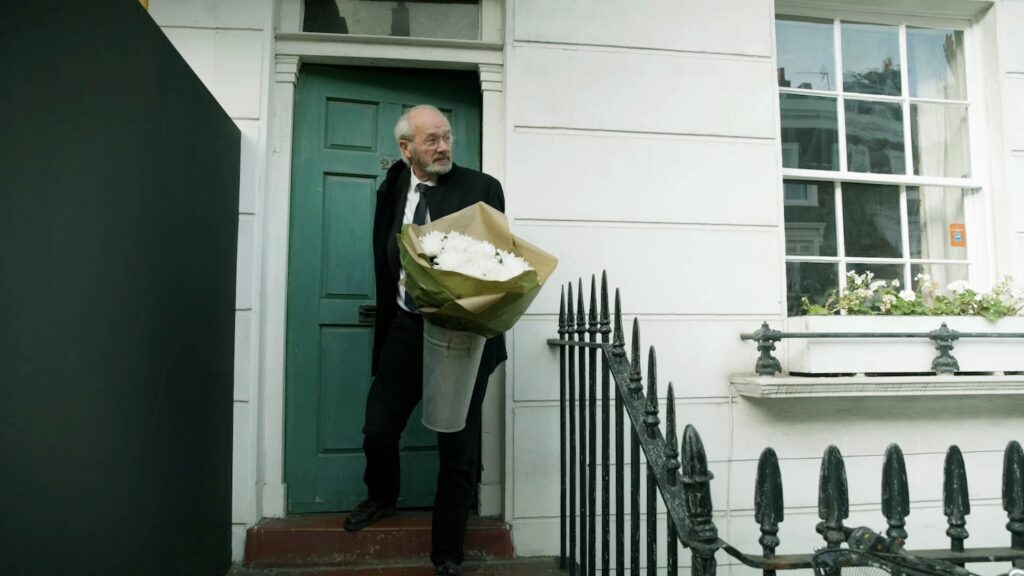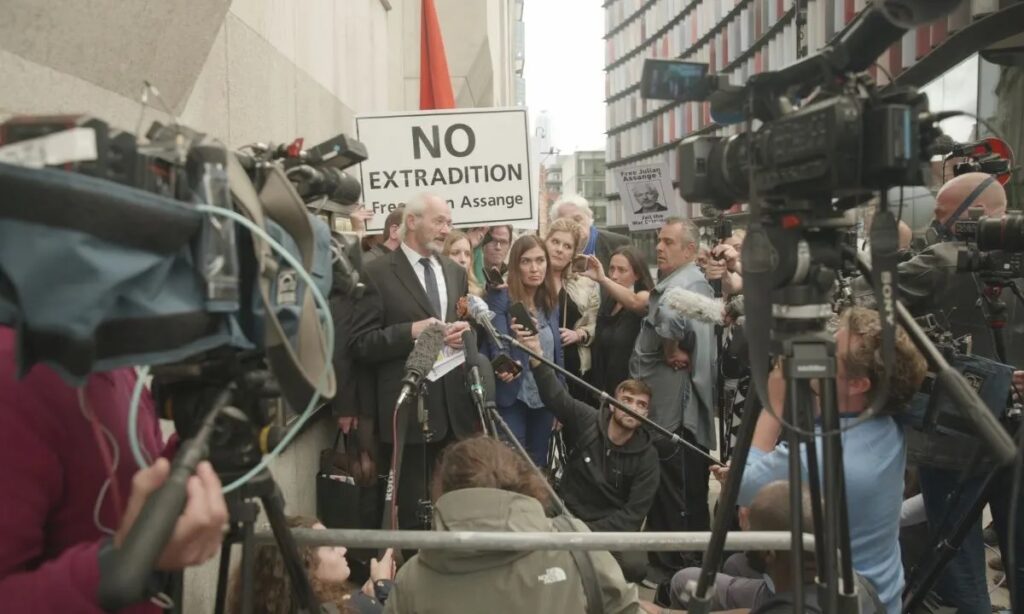Ithaka is the latest hard-hitting documentary to splash across our screens, exploring the modern-day tale of David and Goliath, and the battle which continues to have far-reaching consequences for us all – whether we’re aware of it or not.
Julian Assange is a name you probably know well, given the media frenzy that’s surrounded every aspect of his ongoing story. Whether you’ve followed it closely or from a distance, this documentary is sure to prove an interesting watch, as it provides further insight into the legal and political nature of the WikiLeaks founder’s case against extradition to the U.S. and the very human friends and family who surround this infamous, near abstraction of a man.

Ithaka undoubtedly focuses first and foremost on Assange’s battle against the U.S. government, which is seeking to extradite him back to his home country on charges of espionage. It is a crime that has never been levied against a journalist before, and which the criminalisation of is difficult to comprehend considering the much-lauded American constitutional right to free speech. As suggested by multiple individuals in the documentary, most notably Assange’s father, the whole thing smacks of bitter, petty revenge; a ridiculous, indefensible reason to throw someone in a cage and throw away the key. Yet here we are, and still the battle rages.
The majority of the documentary follows Assange’s legal battles in 2019 and 2020 in the build-up to the first British court case. During this period we are introduced to the many complications facing the Assange team, not least the CIA bugging the Ecuadorian Embassy where Assange was staying and the Global Coronavirus pandemic, which resulted in prisons (and consequently prisoners) being locked down for the majority of the day, every day. This included Assange who was – and to this day remains – locked up in Belmarsh Prison.
We meet his lawyer-turned-fiancee Stella Morris, the children they share and his father, John Shipton, who has flown all the way from Australia to aid his son’s battle for freedom. Their presence helps humanise a man who has been largely demonised and abstracted over the last decade, reminding the audience of the real person on the receiving end of the American government’s anger, and of the family who so wish to bring him home. Their weariness and desolation heighten the tension in what is a seemingly endless game of cat and mouse, creating a natural inclination to sympathise.

Pairing the more serious and factual elements of the case alongside the personal family relations, Ithaka provides an intriguing, if not entirely satisfying, exploration of the costs of this infamous trial both on Assange’s family, who are forced to live apart from him, and on the entire free world, who are facing a very real attack on their rights to a free press.
While not as emotionally moving or visually stimulating as many recent documentaries have been, it is nonetheless a rewarding and informative documentary that provides a unique and welcome opportunity to question: from querying the fairness of the case, the media’s role in the whole hideous circus and one’s personal beliefs and prejudices, to wondering what the reason is behind them in the first place. By the end, you may be surprised by what you uncover about yourself and the press’s influence on your opinion.
Ithaka is out in cinemas now. See their website for more information.
